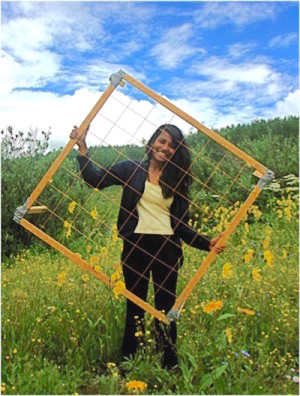
Globally, 200 million people are at risk of irreversible, crippling deformities by drinking groundwater contaminated with fluoride levels exceeding the WHO limit (1.5mg F-/L). Although many defluoridation technologies have proven to be effective in labs, most have not scaled sustainably in remote rural regions of the developing world. We propose to implement and scale up our bauxite-based Scalable and Affordable Fluoride Removal (SAFR) process in India, through our recently created nonprofit social enterprise (Global Water Labs). Rigorous lab testing has shown that our SAFR process has the potential to be (a) locally available/affordable, (b) highly effective at remediating a wide range of fluoride concentrations, (c) culturally appropriate, (d) technically feasible and robust in a rural setting, and (e) operated and maintained with minimal labor. We need additional funding to further test our SAFR process in the field setting, which will allow us to iterate our technology and business model prototypes.
- ,
- , 150th Graphic
SAFR: Scalable and Affordable Fluoride Removal (UC Berkeley)
Facebook
Twitter
LinkedIn
More Winners
Green Campus
The Berkeley Green Campus program strives to educate students, staff, faculty, and the local community about the importance of energy conservation and achieve substantial energy
October 19, 2012
Smart Diaphragm (UC Berkeley)
Vaginal infections in pregnant women pose two major health risks for the unborn child: preterm birth and vertical transmission of infection. Currently, there are limited
April 20, 2015
PT-E Generator (UC Berkeley)
PT-E generator proposes to build a device that can harness the energy generated by the impact of moving vehicles onto highway and city road surfaces.
September 10, 2013
Adelante – Youth Empowerment Program (UC Berkeley)
The Adelante Youth Empowerment Program is a 6-week summer program that serves to motivate at-risk Mexican youth to pursue higher education and professional careers. This
April 20, 2015

